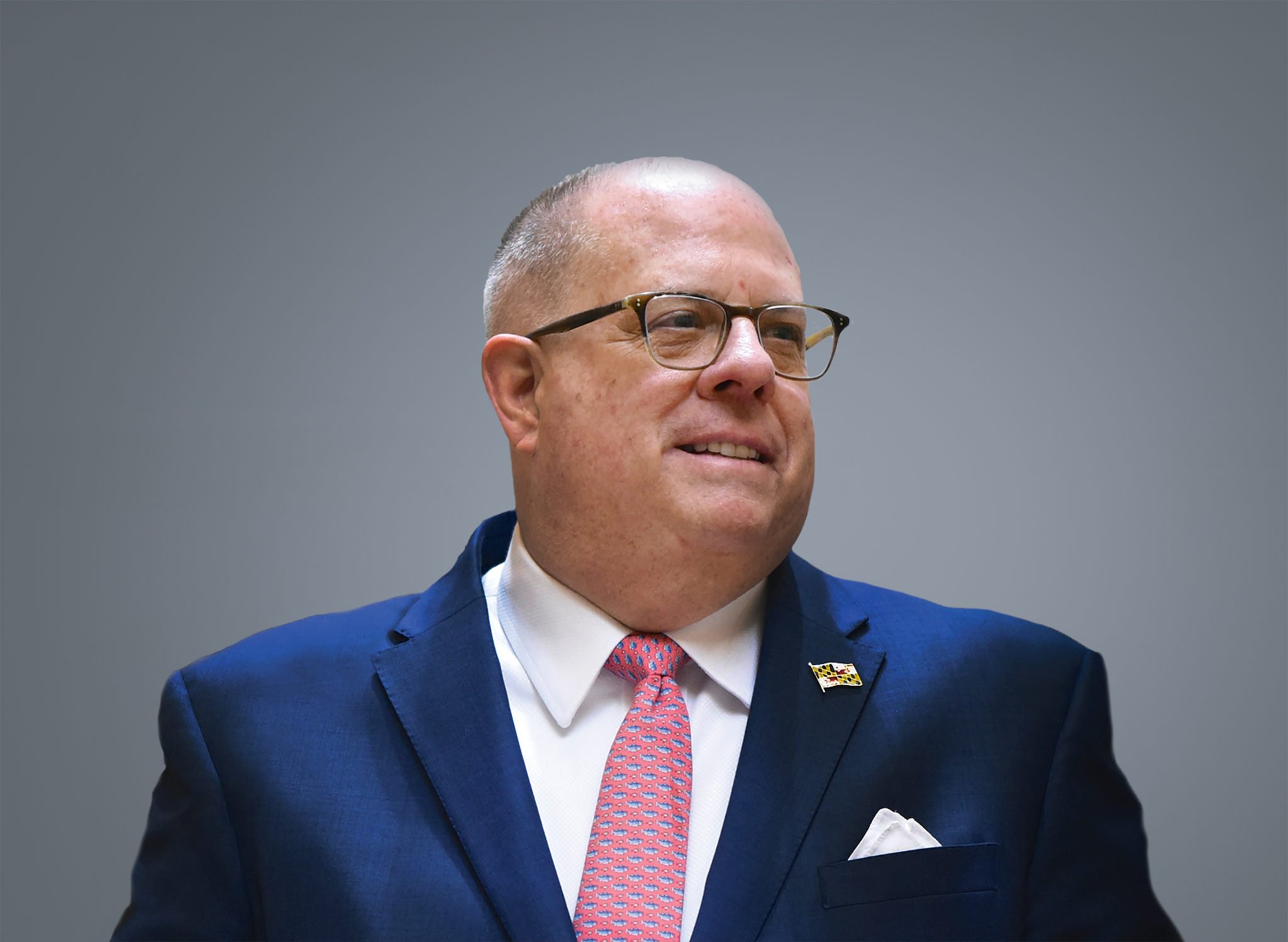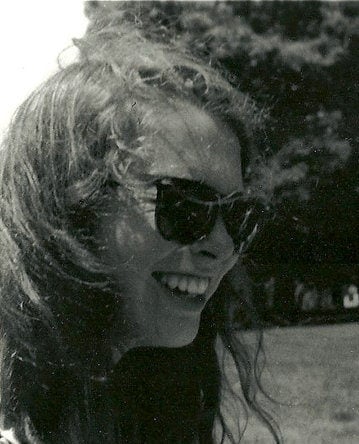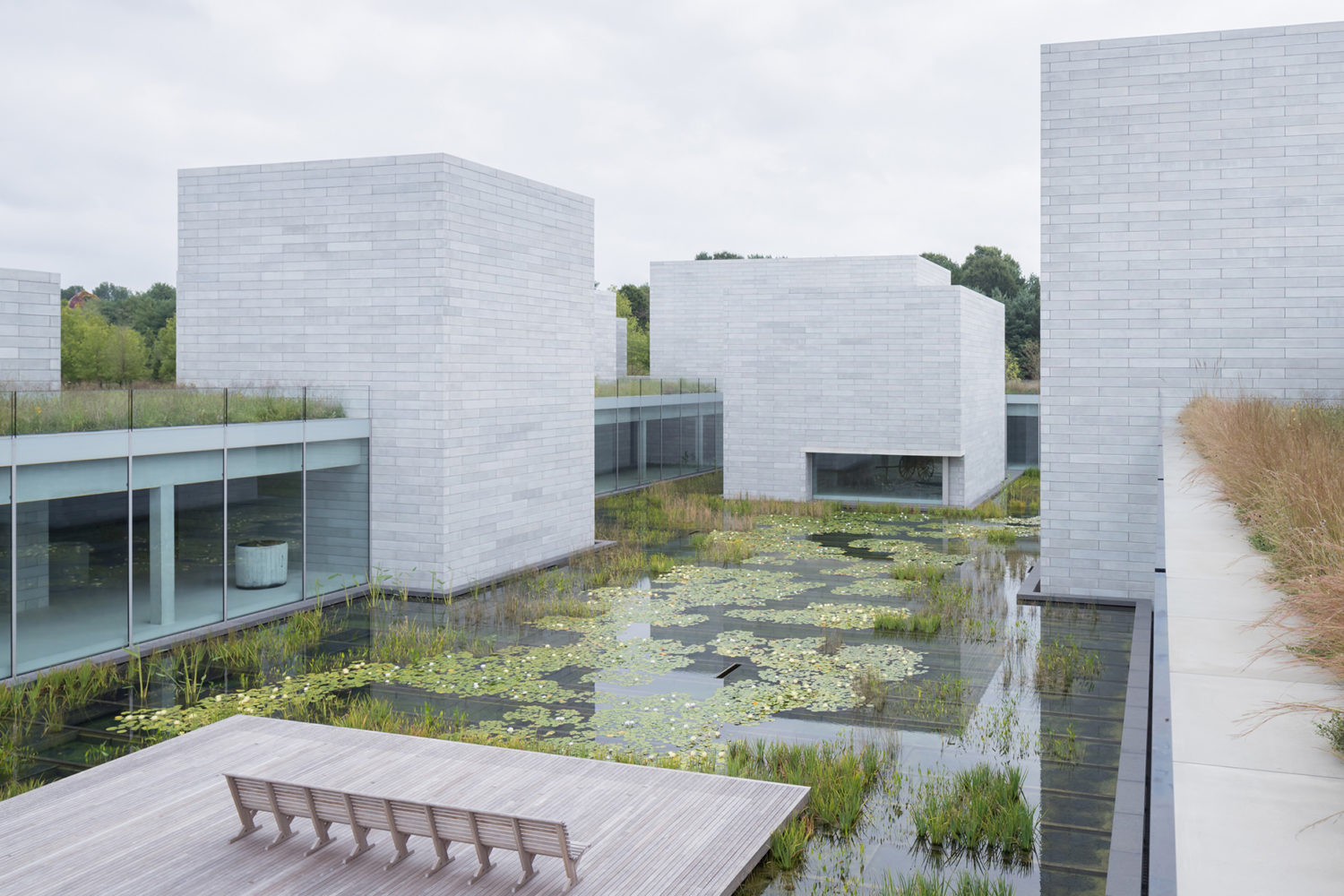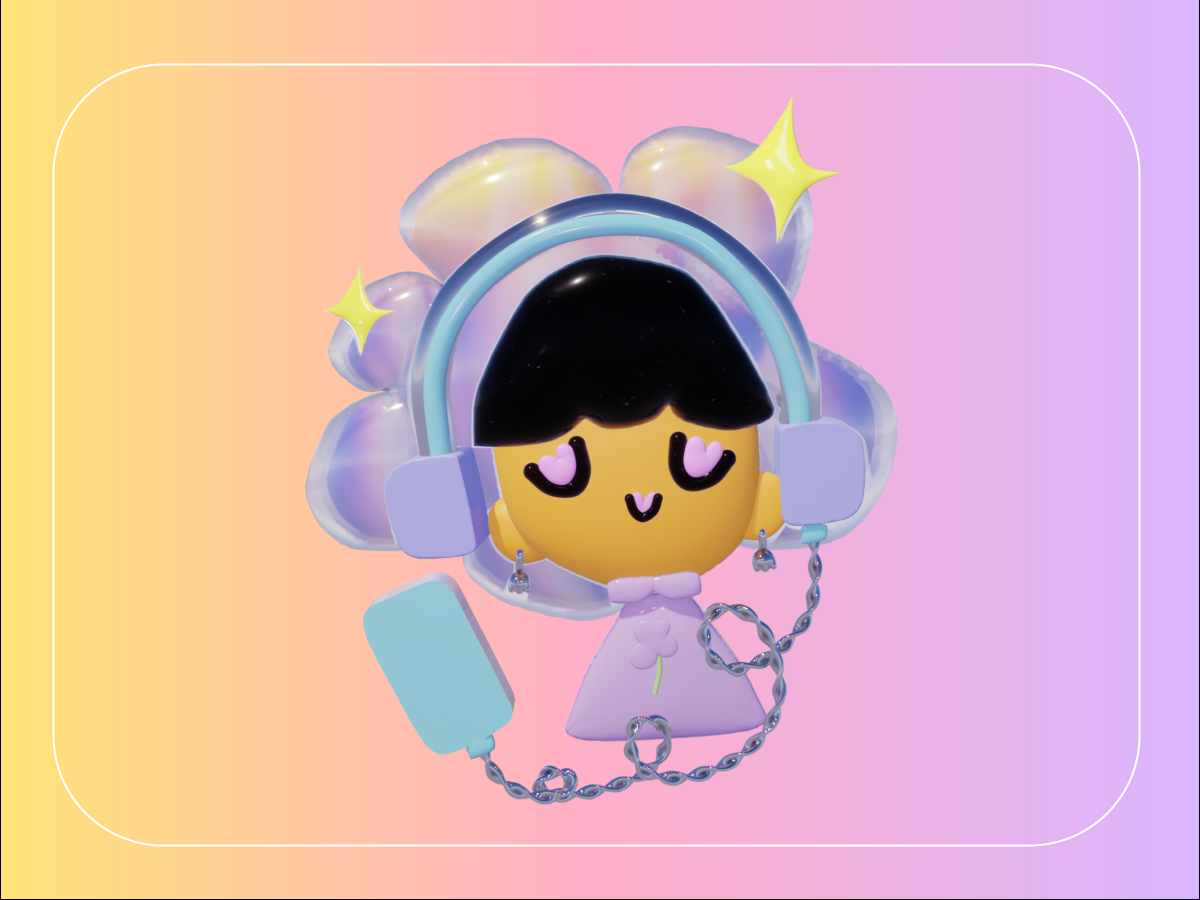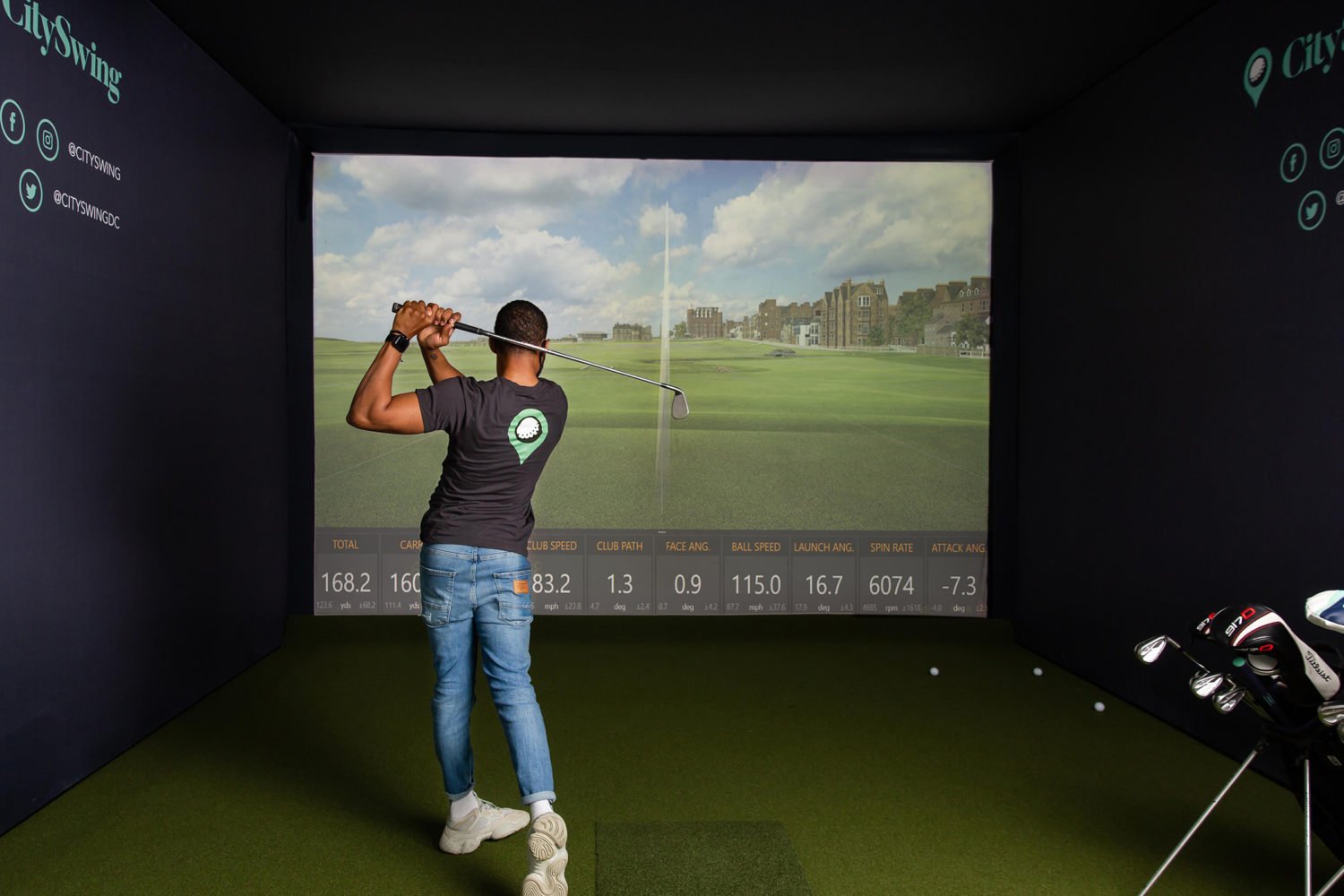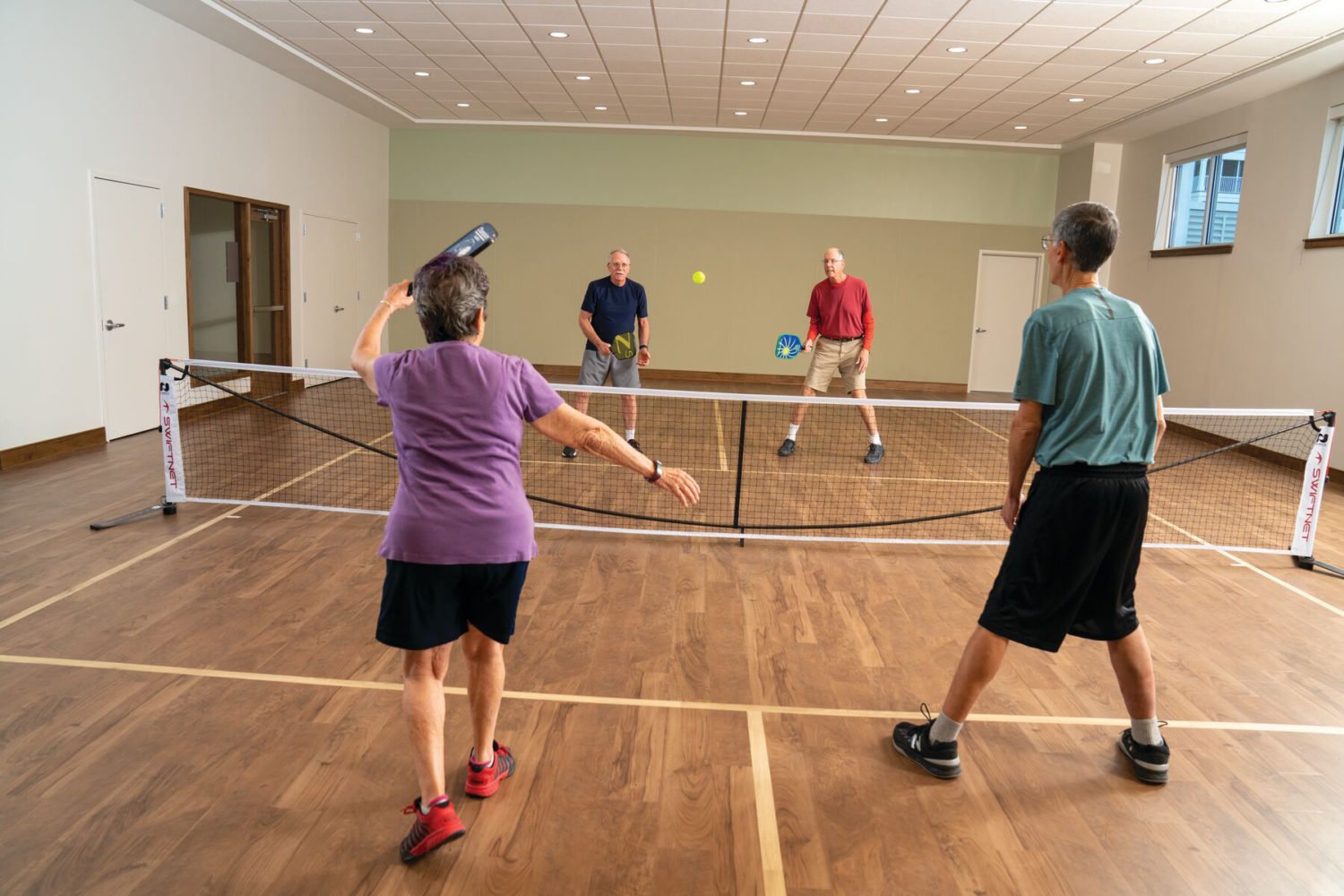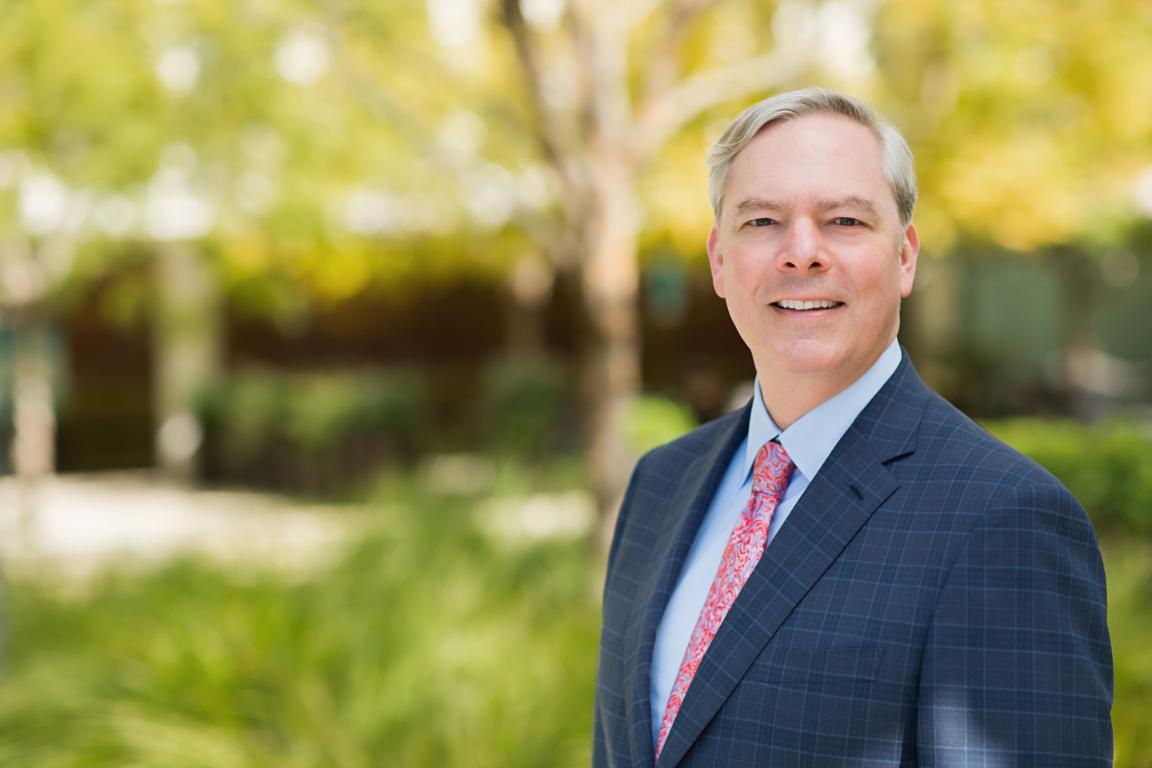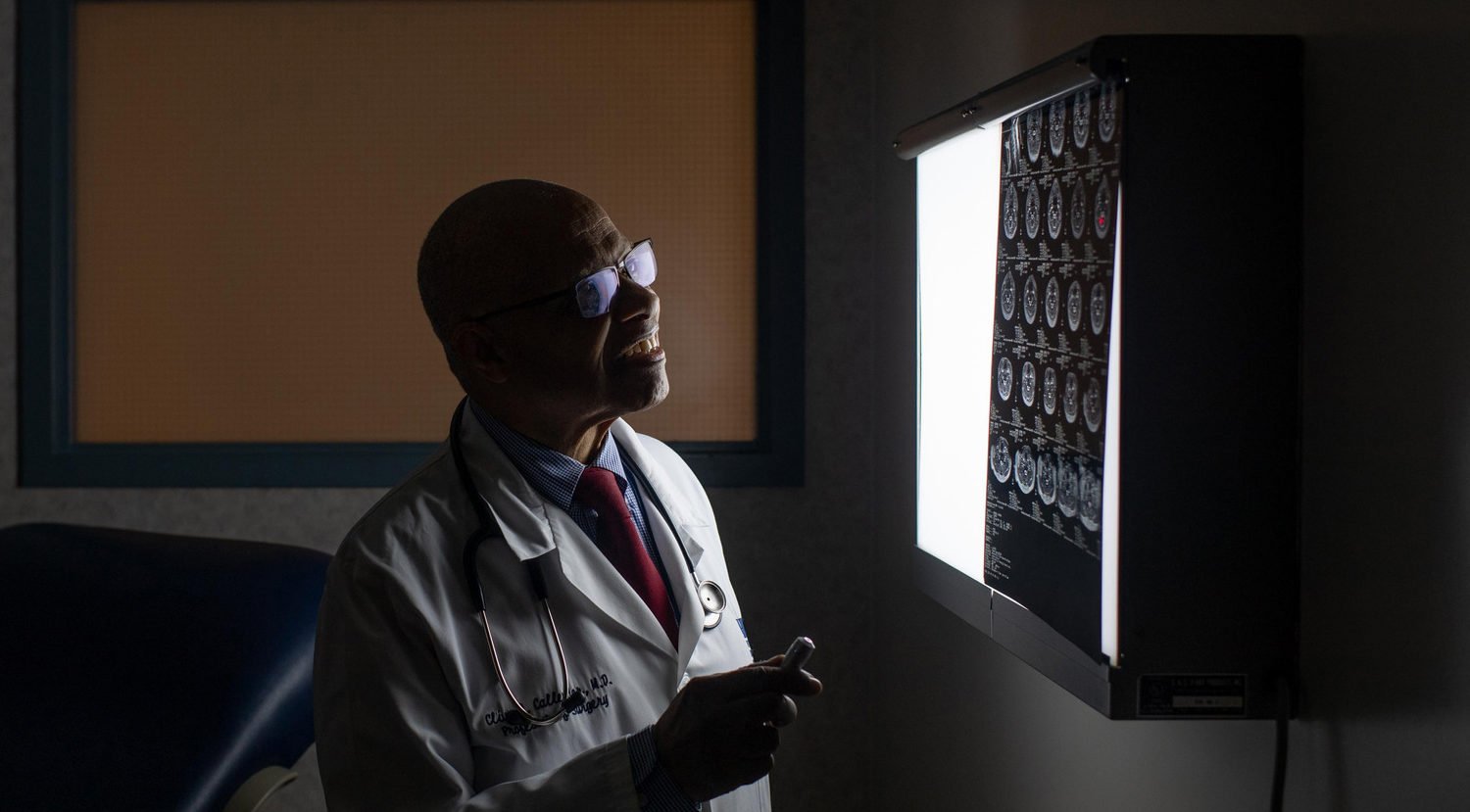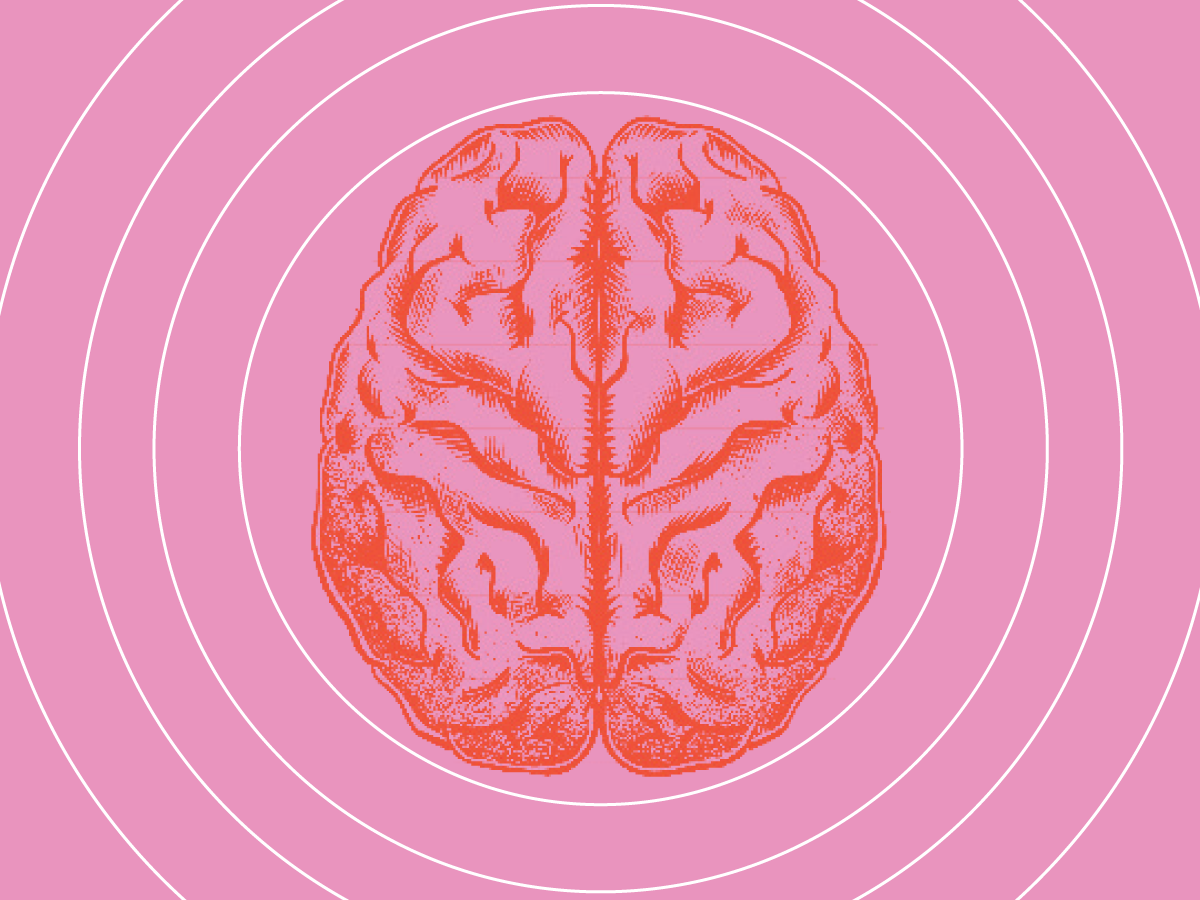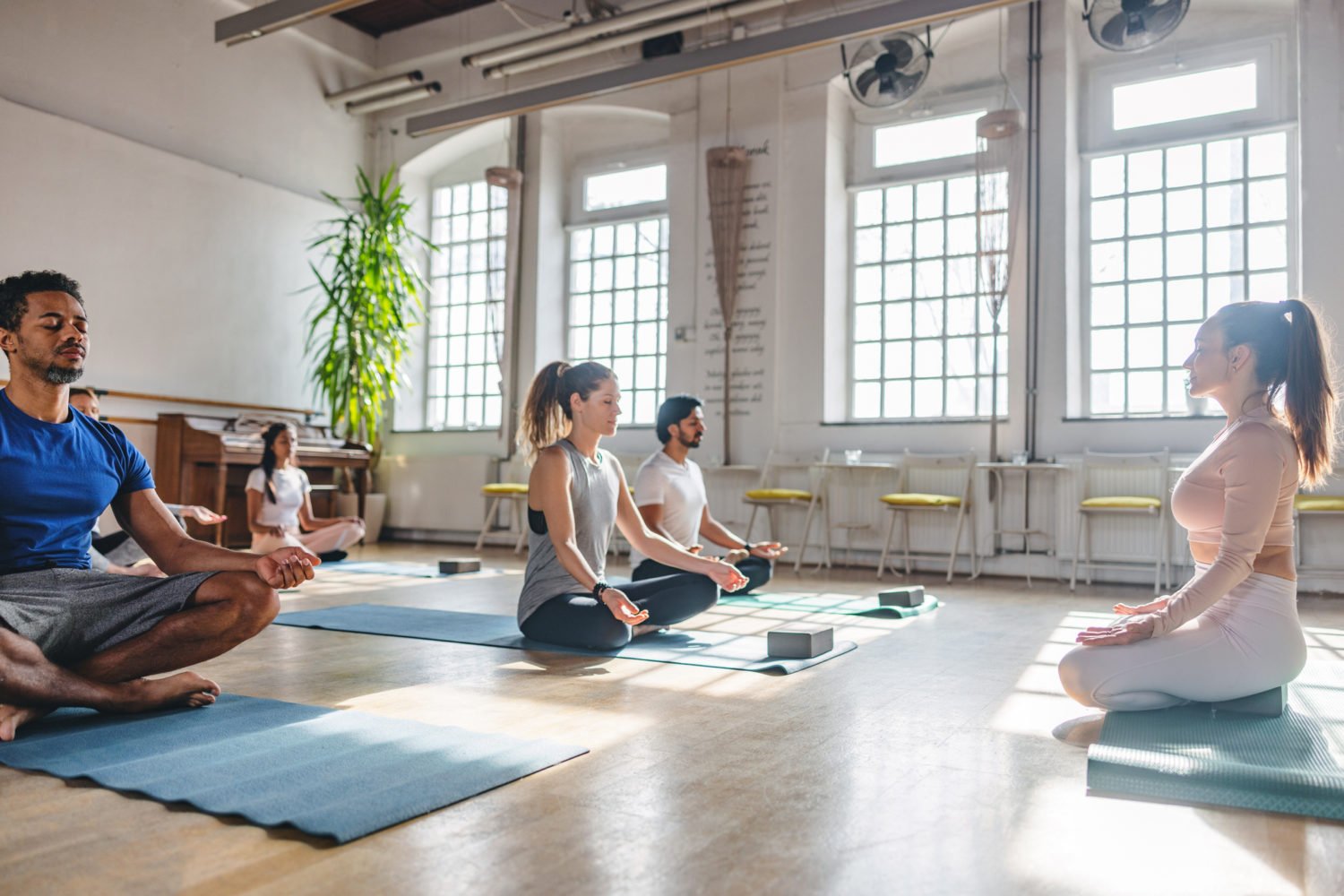Six cancer survivors share their experiences—the first inklings something wasn’t right, the treatments they underwent, and how they maintained their mental health.
Larry Hogan, 63
Maryland Governor
“I had two kinds of cancer. The really serious one was non-Hodgkin’s lymphoma. I started to experience pain in my back. I thought I’d pulled a muscle. Turns out it was a big tumor pressing against my spine. [The real warning sign was] a thing that popped out of my neck [in 2015 while I was] on a trade mission in Japan. It was a lymph node that was swollen. I went to the doctor; I had a very advanced and aggressive cancer all over my body. I had 40 or 50 tumors. I did 24-hour chemotherapy for six months, a very aggressive treatment.
“I also had some pretty bad skin cancer on my face and my head [in 2018]. I had to do some pretty serious surgery.
“It’s draining, and the treatments in some cases are really difficult. I think I had it easier because I have a big support network. I have my family and a big staff. But I also had 6 million people to worry about. I had just been elected governor [in 2014], and they were counting on me to do a lot. I worked out of the hospital, and my staff would bring me work. I kept busy with my job to keep me distracted rather than thinking about my mortality.
“I focused on the power of prayer, being around positive people, and getting to the other side of it and staying healthy. Knowing you can beat cancer, no matter how tough it is, is an important part.”
His advice:
“At the first sign of anything, get in as quickly as possible to check it out. I never would have imagined in a million years I had cancer. It was advanced and aggressive, and I didn’t even know. I was just lucky I had this thing pop out of my neck. It was like a warning light on a dashboard.”
Naomi Gallego, 44
Pastry chef
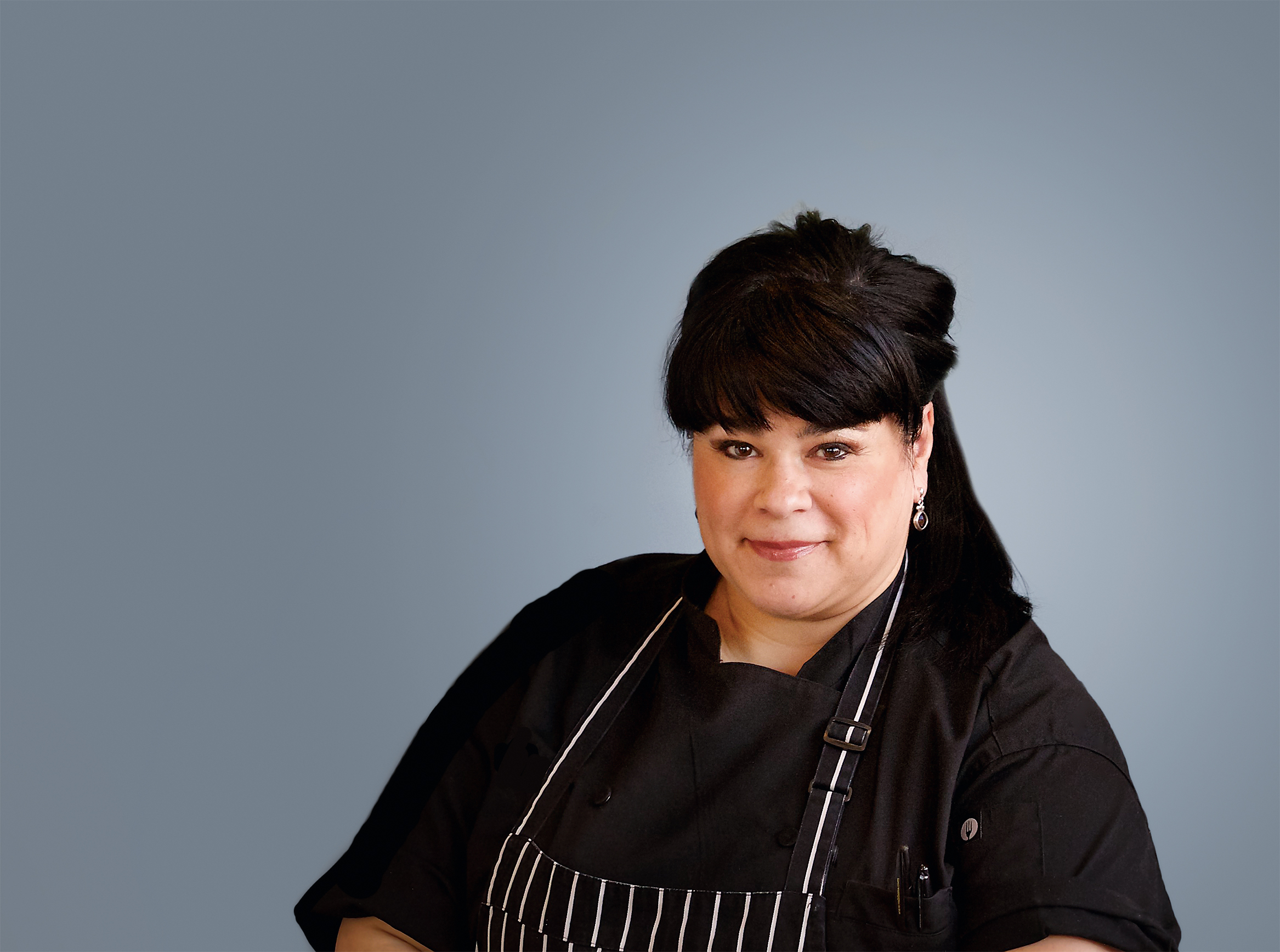
“I skipped a few years of mammograms. Last January, I noticed a lump. I saw my gynecologist—it was a tumor large enough to put me in a Stage 2 diagnosis. I opted to do a lumpectomy. I couldn’t deal with the thought of losing my breast. I did not have to do chemotherapy, and I considered myself lucky. I had to do radiation, but it was a short course. After, they started me on Tamoxifen, a drug to block the re-formation of breast cancer.
I was just lucky I had this thing pop out of my neck. It was like a warning light on a dashboard.
“They make you do genetic testing now. I did not have the BRCA gene. However, they found out I have Lynch syndrome [a gene abnormality], which predisposes me to five or six other cancers. I had to do a skin-cancer screening, a colonoscopy, an endoscopy. They removed some polyps. They did a sonogram of my ovaries and uterus. For women with Lynch syndrome, they recommend a hysterectomy. Dealing with breast cancer was heavy enough, going through this stuff in your mind about losing your breasts and how you associate that with being a woman. Now I have to think about having a hysterectomy.
“I was worried how I was supposed to handle being sick in a job that’s physically demanding. My industry is not known for being supportive during illness. I couldn’t lift anything heavy [after the lumpectomy], an essential part of being in the kitchen. I’m not working now. I’m using this time to concentrate on doctors’ appointments, getting the okay that I don’t have other kinds of cancer. Dealing with all this has been really heavy. I’ve sought a therapist—nobody [else] wants to talk about cancer. Nobody understands unless you have it.”
Her advice:
“Know there’s a huge community of people dealing with the same thing. You’re not alone. There’s always that feeling when you get the diagnosis—I’m going to die. But when I see survivors, they’re living their lives, and that’s all you can do, you know?”
After this article ran in the February 2020 issue, Gallego found out she has uterine cancer, which has spread to her ovaries. She says she anticipates undergoing chemotherapy and radiation, among other treatments.
Chris Odoi-Atsem, 24
DC United defender
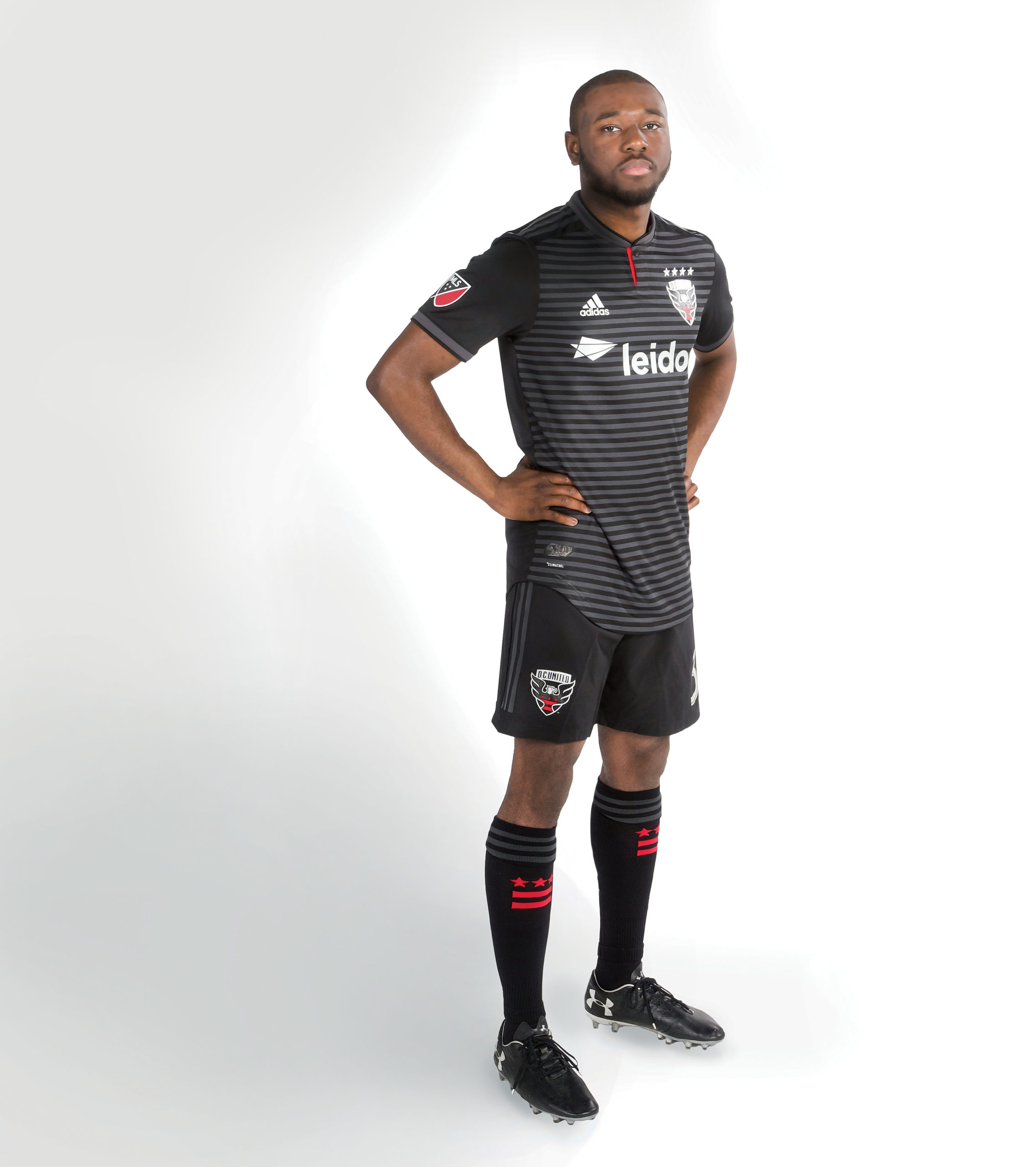
“It was towards the end of our season [in 2017]. I was getting a lot of fatigue. I was thinking it was because I had come back from an injury. I [also] had itching all over. Being an athlete, you want to push through things. But I was never able to perform at my best, and I knew something was wrong. Around August 2018, I went to the team doctor and was like, ‘I think there’s something going on.’ I saw neurologists, people for muscular problems, cardiovascular, pulmonary. I did tests, bloodwork. Everything came back normal.
“One day, I woke up and had tightness in my chest and trouble breathing. I told my mom these symptoms. She was like, ‘Let’s go to the hospital and get it checked out.’ The doctor did an x-ray of my chest. The radiologist thought it was nothing, but the doctor was like, ‘Let’s confirm.’ I ended up doing a CT scan. That’s when they saw the mass in my chest. I got a couple biopsies done, and it came back saying it was Stage 2 Hodgkin’s lymphoma and I would need four months of chemotherapy.
“The fact that I was already healthy helped. I was able to work out when going through chemo—running on the treadmill, lifting. I had a port in my chest, so couldn’t have any contact. I would practice on the sidelines with the ball [when the team practiced]. I did acupuncture at least once a week and oncology massages. That helped with nausea. And being around the team—that would lift my spirits.”
His advice:
“When the doctors were telling me nothing was coming up, deep down I knew something was wrong. That was the most frustrating part. Don’t ignore things. If I didn’t go to emergency care that day, who knows how long [the tumor] could have been in my body before I found it?”
Susanna Quinn, 50
Philanthropist and entrepreneur
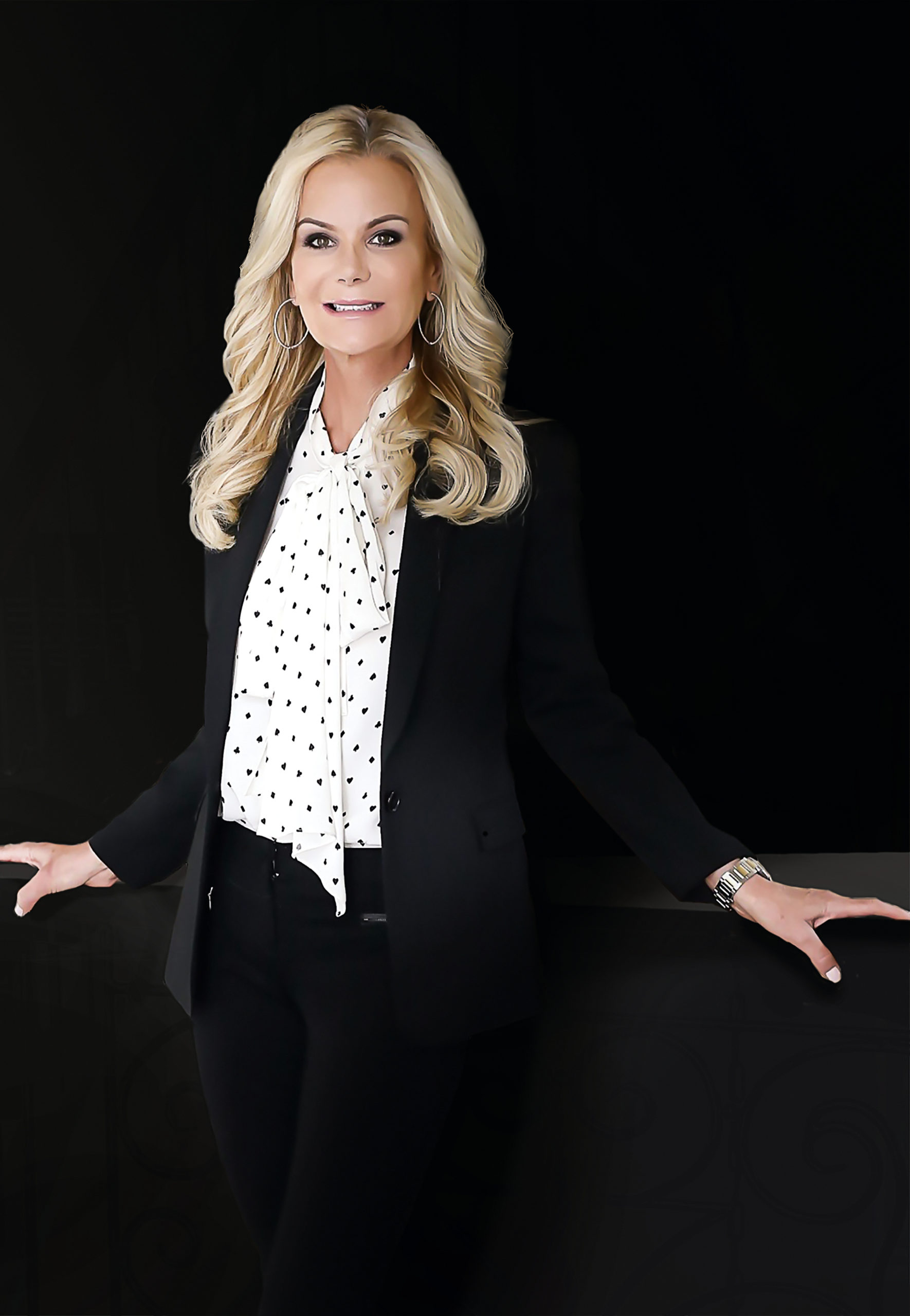
I looked at my life and my family and decided to fight. When I get frustrated, I remember I’m alive.
“All my symptoms [last winter]—the lower back pain, I was having my period every five days—I just thought it was menopause. It was sort of an afterthought: Well, I’ll text my ob-gyn. She did a physical exam and felt something, so she sent me for scans. My phone rang the next day, and she said, ‘You have Stage 3C ovarian cancer. You have multiple tumors. They’re intertwined with your mesentery [a set of abdominal tissues], so they’re not going to be able to operate. I’m going to get you an appointment at Sibley. They may be able to give you chemotherapy to extend your life.’ I was like, I’m going to die? I’d just turned 50. I have a six-year-old and a 19-year-old. For two days, I just cried.
“I flew to Boston, to Mass General, to get a second opinion. Dr. Whitfield Growdon looked at my scans and he goes, ‘I’m going to go in laparoscopically and see if I can remove the tumors. If I can, I’m going to convert to an open surgery.’ He did such an aggressive surgery that it almost killed me. But if he hadn’t, the cancer would have killed me.
“My recovery has been incredibly difficult. I’ve had four surgeries, six rounds of chemotherapy. Dr. Growdon resected part of my colon, then sewed it together. The stitches burst, and I went into sepsis. I have a colostomy bag, an ileostomy bag. They were going to take off the ileostomy bag, but they discovered that half of my bowel had died and half of my small intestine. Blood wasn’t flowing, because of all the scar tissue. I’ll have two more surgeries to have the bags removed. I almost died. I couldn’t get out of bed. I couldn’t eat. My husband would spoon-feed me egg noodles—it was the only thing I could keep down. They put me on IV nutrition, and it helped me turn the corner. Now I’m doing really well. And I’m hoping the cancer never comes back.”
Her advice:
“It’s really hard, but you have to stay positive. You have to be a fighter. If you’re depressed and upset and worried, it’s not going to help your recovery. From the very beginning, I looked at my life and my family and decided I was going to fight. It’s given me a good perspective and opened my eyes to all this love. I am looking at my life and family and friends differently. It’s been torturous and horrible, but when I get frustrated, I remember I’m alive.”
Philippa Hughes, 51
Creative strategist
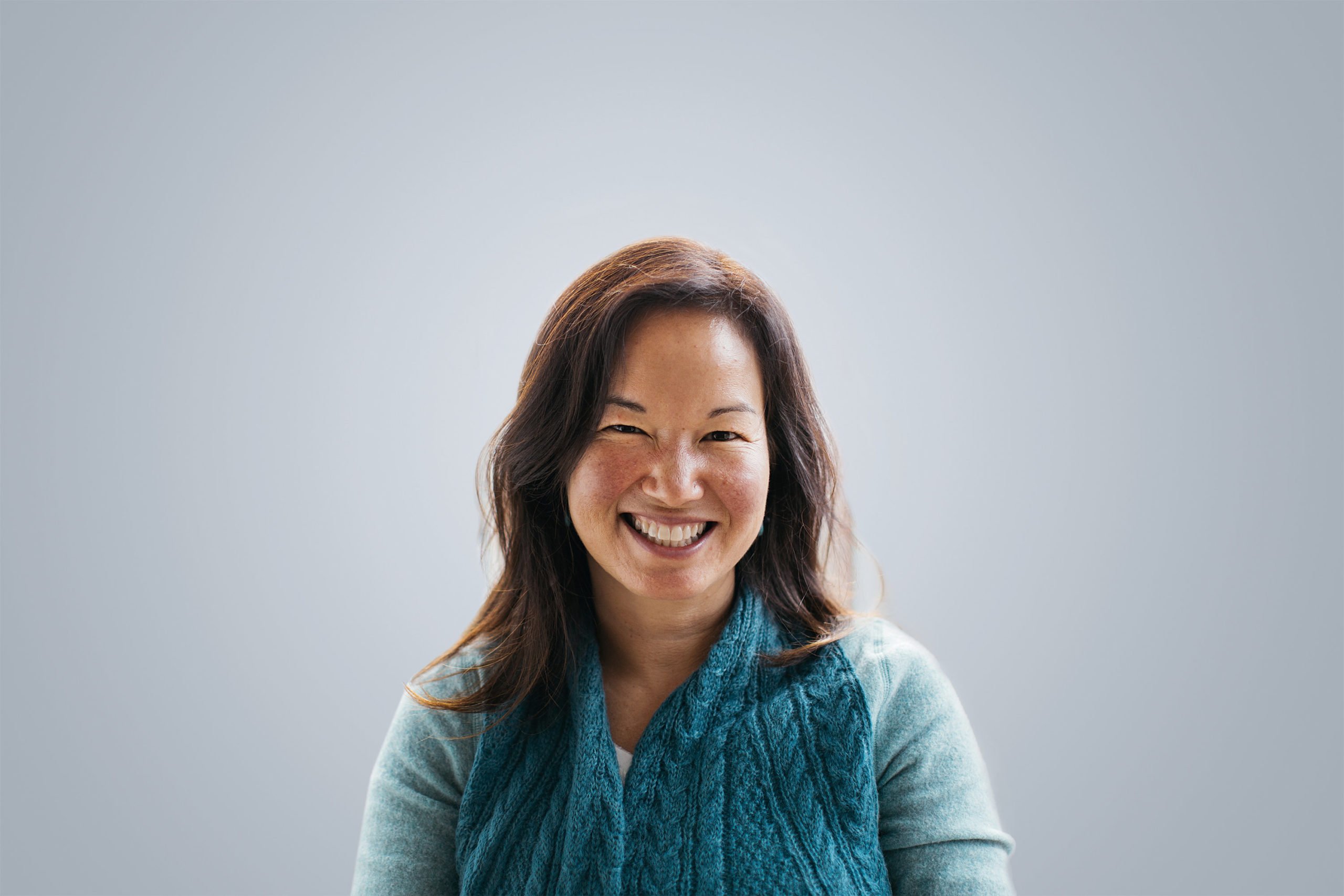
“[In 2013] there were blood droplets inside my bra. My breast got infected [in the milk canal]. It was completely red and swollen. [While traveling that summer] I happened to be in Oregon—this doctor took x-rays and determined it was an infection. He gave me some antibiotics. But I still had the bloody droplets. When I came back to DC, I went to see a breast-cancer surgeon who got me to do a biopsy, and that’s what showed the cancer. They call it intraductal—it was in the milk duct.
“I was totally scared. When they called to say, ‘We have the results of your biopsy, and we need you to come in,’ I knew what that meant. I remember sitting there sort of catatonic. I think that’s what shock is—you just shut down.
“I went straight to surgery. I had a double mastectomy. That was a really, really hard decision. Taking away currently healthy tissue seemed like a very strange thing to do. I just didn’t want to ever think about it again. I don’t regret that.
“I started drinking gallons of kale juice in advance of the surgery because they kept saying, ‘You won’t be able to do anything for six weeks.’ I started filling my body with vegetables and exercising three times a day. I figured healing would be faster if I was in the best possible shape. I think it really worked. My self-care [also involved] a lot of writing. That’s sort of my therapy.”
Her advice:
“Figure out who your people are. You’re going to need emotional and physical support. [After my diagnosis, I tried] to have more meaningful connections with people rather than superficial ones.”
Jennifer Griffin, 50
Fox News national-security correspondent

“I was diagnosed 10 years ago. My son was six months old. This large lump the size of a grapefruit was protruding [from my breast]. I didn’t think you could get breast cancer while nursing or pregnant, and to my surprise, I was diagnosed with stage three triple-negative breast cancer. It was pretty rare at the time and pretty scary. We were aggressive with the treatment. I did not dilly-dally: I was diagnosed on a Monday and started chemotherapy within a week. I did 17 rounds of chemo and I had a double mastectomy. I was treated by Dr. Claudine Isaacs [at Georgetown]. Dr. Shawna Willey did the mastectomy at Georgetown; she’s at Inova [now].
“[After my diagnosis] I went online and started researching, because I’m a journalist. In addition to a strong chemotherapy regimen, [I found] one way to deal with this cancer was an almost all-vegan diet and exercise every day. I started doing Pilates, yoga. I ran before every chemo. I never was as fit as I was going through treatment. I was able to take the maximum amount of chemo. I really used food as a pharmacy—raw ginger was good for any nausea.
“Like most chemo patients, I was not spared the indignities. I lost my fingernails, my toenails, my eyebrows. I had long peroxide-blonde hair when this started; when my hair did grow back, I kept this short spiky grey hair. It’s my badge of honor.
“At the Pentagon, I’ve covered wars for a living, and this was the biggest battle that I’ve fought. It’s in the rearview mirror, but I constantly live with a fear of cancer returning. My father died of non-Hodgkin’s lymphoma; my mom was diagnosed with ovarian cancer in September. [She has since beat the cancer.] We’ve always known early detection is what makes all the difference.”
Her advice:
“The ability to find a National Cancer Institute-designated cancer center is the key to survival. Find out where the best oncologist is for your cancer and go there. Get second and third opinions; if a doctor says they can’t treat you, find another. Be very aggressive with your treatment. Cancer is a diagnosis you can survive these days, even the most extreme. Don’t assume this is a death sentence.
“[And] get a good wig. Go to a Look Good Feel Better workshop. They teach you how to put on makeup to counteract the effects of chemo. I really encourage women to get great wigs, wear bright colors, wear lipstick. It’s important for women to feel beautiful through this process, and it’s hard when cancer is stripping you of your femininity and beauty.”
This article appears in the February 2020 issue of Washingtonian.

